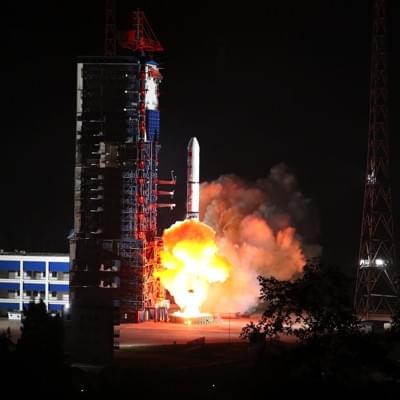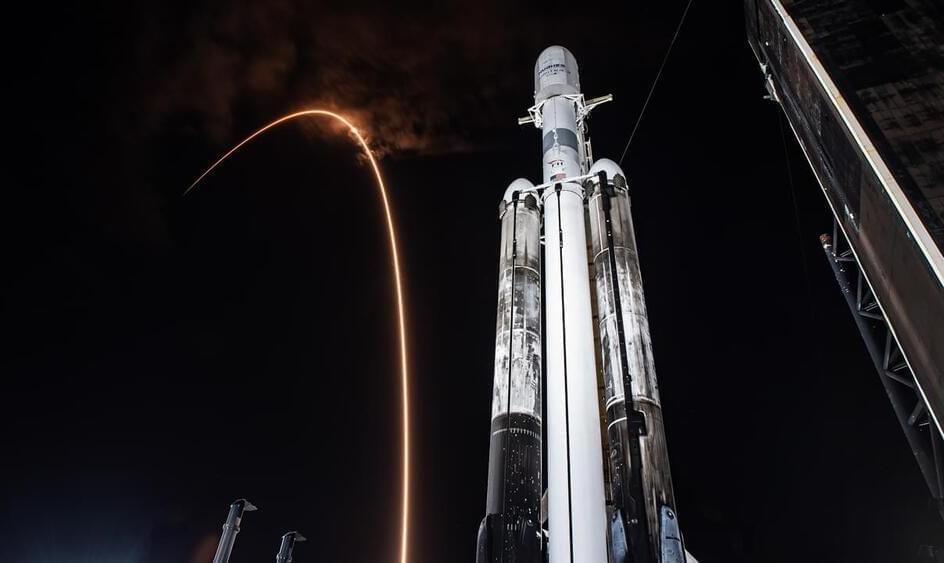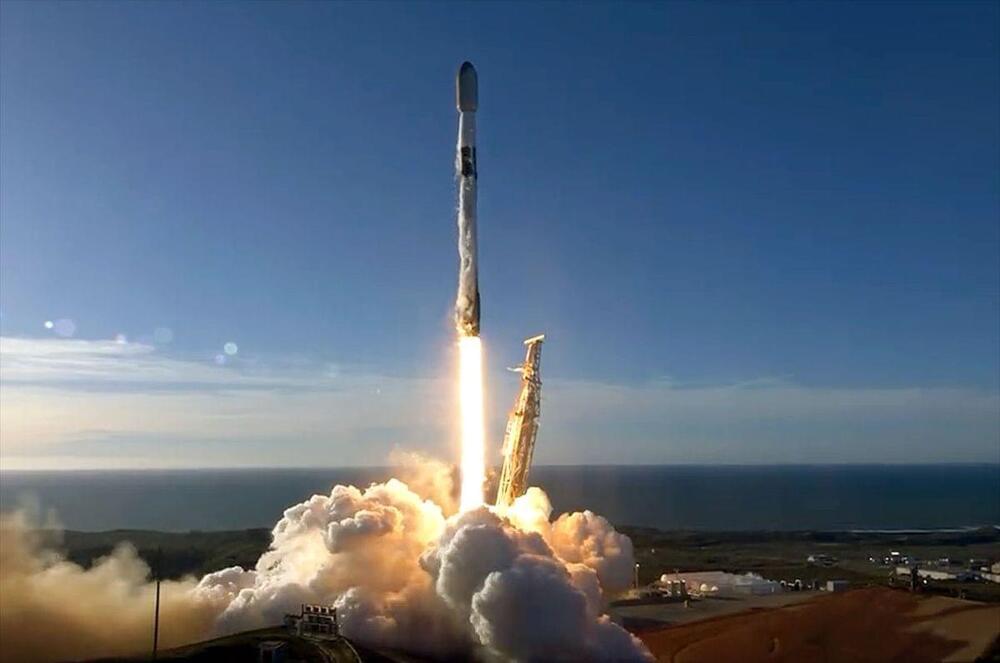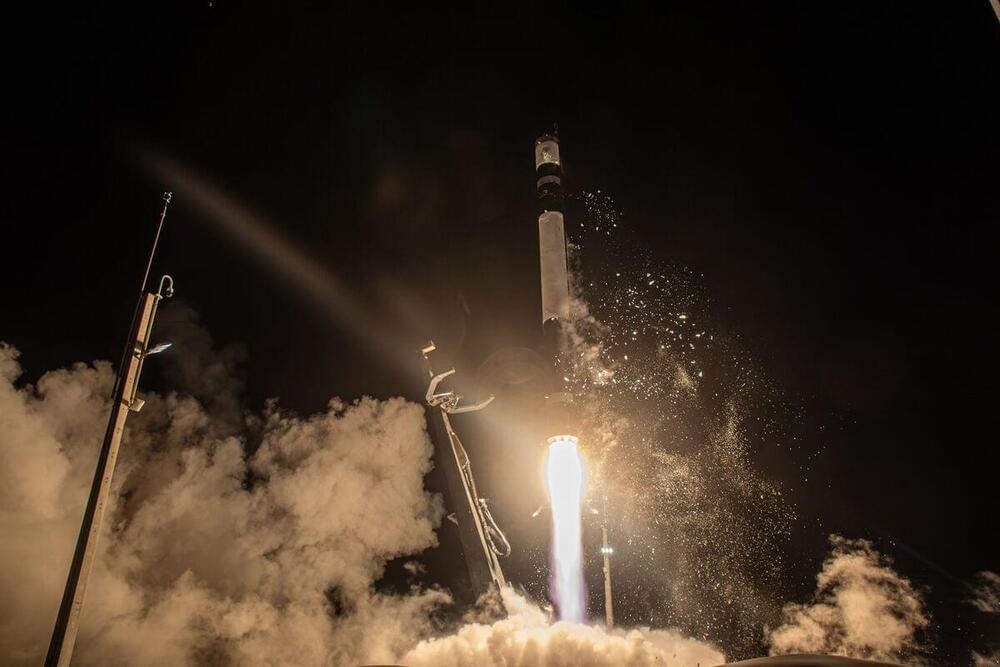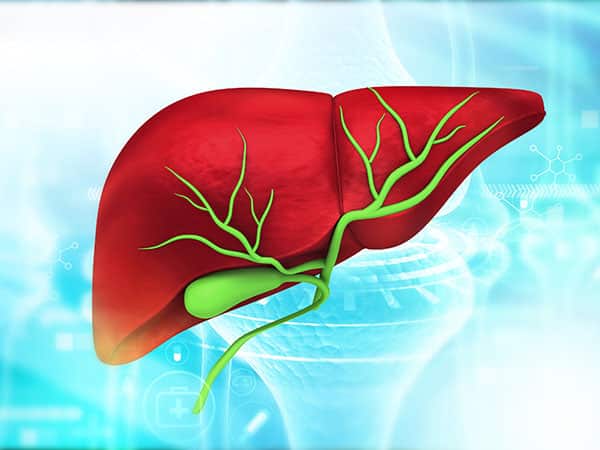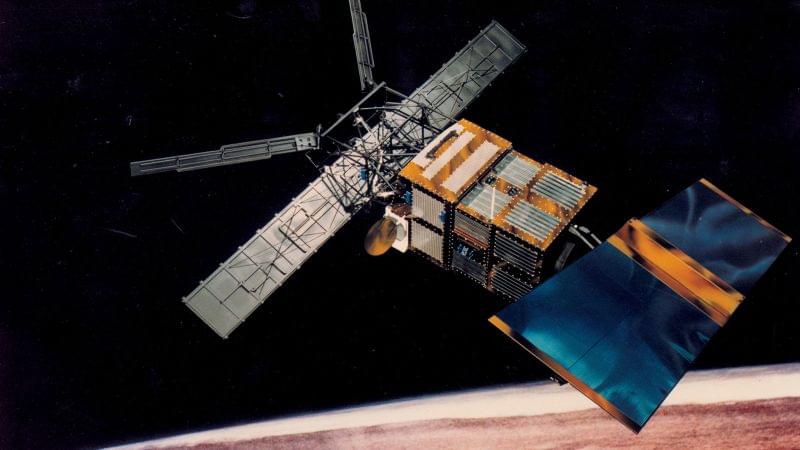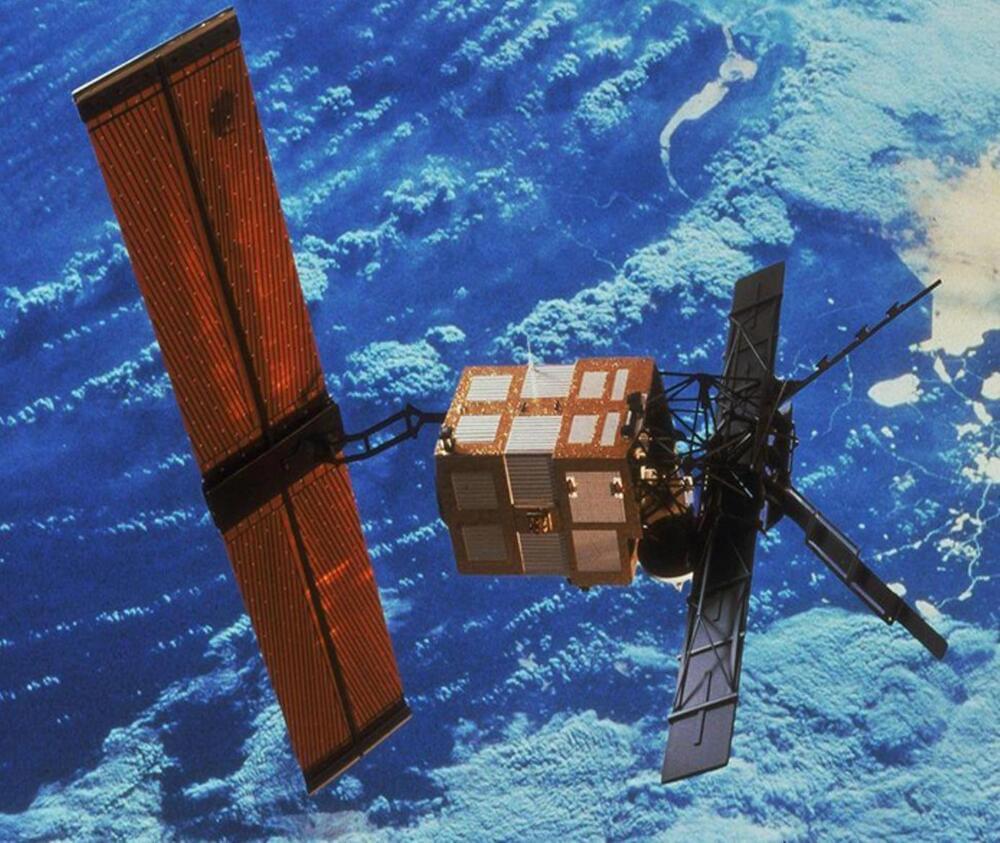
At approximately 18:17 CET (17:17 UTC) on Wednesday, February 21, 2024, ESA’s ERS-2 satellite completed its atmospheric reentry over the North Pacific Ocean. No damage to property has been reported.
ESA’s second European Remote Sensing satellite, ERS-2, was launched almost 30 years ago, on April 21, 1995. Together with the almost-identical ERS-1, it provided invaluable long-term data on Earth’s land surfaces, ocean temperatures, ozone layer, and polar ice extent that revolutionized our understanding of the Earth system. It was also called upon to monitor and assist the response to natural disasters.
“The ERS satellites have provided a stream of data which has changed our view of the world in which we live,” said ESA’s Director of Earth Observation Programmes, Simonetta Cheli. “They have provided us with new insights on our planet, the chemistry of our atmosphere, the behavior of our oceans, and the effects of mankind’s activity on our environment – creating new opportunities for scientific research and applications.”
